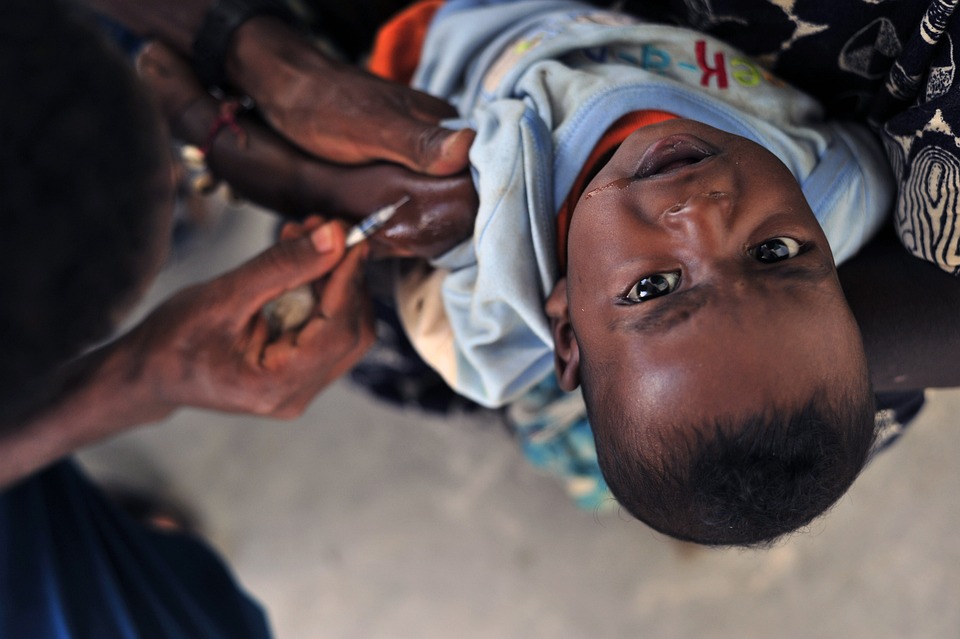Introduction
Vaccinations have revolutionized public health by preventing the spread of various infectious diseases. These immunization programs play a crucial role in safeguarding the well-being of individuals and communities. In this article, we will explore the significance of vaccines, their impact on public health, and respond to common concerns and misconceptions.
The Importance of Vaccinations
Vaccines are crucial in preventing the outbreak and transmission of harmful diseases. They work by stimulating the immune system to produce antibodies, providing immunity against specific pathogens. This ensures individuals are protected from potentially life-threatening or debilitating conditions.
Preventing Disease Outbreaks
One of the primary goals of vaccinations is to prevent disease outbreaks. By vaccinating a significant portion of the population, a concept known as herd immunity develops. Herd immunity means that when a large number of people are immune to a disease, it becomes more challenging for the disease to spread. Consequently, even those who are unable to be vaccinated due to age, medical conditions, or other factors are protected indirectly.
Eradicating Diseases
Vaccinations have played a vital role in eradicating diseases worldwide. For example, through widespread immunization efforts, smallpox, a highly contagious and deadly disease, was completely eradicated in 1980. Polio is another disease that is on the verge of being eradicated thanks to extensive vaccination campaigns.
Vaccinations and Public Health
The impact of vaccines on public health cannot be overstated. Vaccinations help reduce the burden on healthcare systems and promote overall well-being in various ways.
Reduction in Morbidity and Mortality
Vaccines have proven to significantly reduce the morbidity and mortality associated with infectious diseases. For instance, diseases like measles, mumps, and rubella, which were once widespread, have become rare in countries with high vaccination rates. By preventing the occurrence of these diseases, vaccines save countless lives each year.
Cost-Effectiveness
Vaccinations are a highly cost-effective intervention in public health. The economic burden associated with treating vaccine-preventable diseases, including medical costs, lost productivity, and extended hospital stays, is substantial. By preventing these diseases, vaccinations reduce healthcare expenses for individuals and governments alike.
Protecting Vulnerable Populations
Certain individuals, such as infants, the elderly, pregnant women, and those with compromised immune systems, are at a higher risk of severe complications or death from infectious diseases. Vaccinating the general population helps protect these vulnerable groups by preventing the spread of diseases to which they are most susceptible.
Addressing Concerns and Misconceptions
While vaccinations have proven to be highly effective and safe, some concerns and misconceptions persist. It is important to address these issues to foster widespread understanding and acceptance of vaccines.
Vaccine Safety
There is a common concern among some individuals about the safety of vaccines. However, extensive research and monitoring processes ensure that vaccines undergo rigorous testing and continuous evaluation for safety and effectiveness. The occurrence of severe side effects from vaccines is extremely rare, and the benefits of vaccination far outweigh the risks.
Thimerosal and Autism
A widely debunked myth suggests a link between the preservative thimerosal in vaccines and autism spectrum disorders (ASD). Numerous scientific studies have consistently found no evidence supporting this claim. The removal of thimerosal from vaccines has also provided no observable decrease in the prevalence of ASD. It is important to rely on reputable sources and scientific literature to ascertain accurate information regarding vaccines.
Appropriate Vaccine Schedule
Some individuals express concerns about the recommended vaccine schedule, worrying that it may overload the immune system. However, studies have shown that infants and children have the capacity to handle the vaccines on the recommended schedule without compromising their immune response capabilities.
Conclusion
Understanding the role of vaccinations in public health is crucial for promoting individual and community well-being. Vaccines play an essential role in preventing disease outbreaks, eradicating diseases, and reducing morbidity and mortality. By addressing concerns and misconceptions, we can ensure that everyone has access to accurate information about vaccines, leading to increased confidence in their efficacy and safety.




